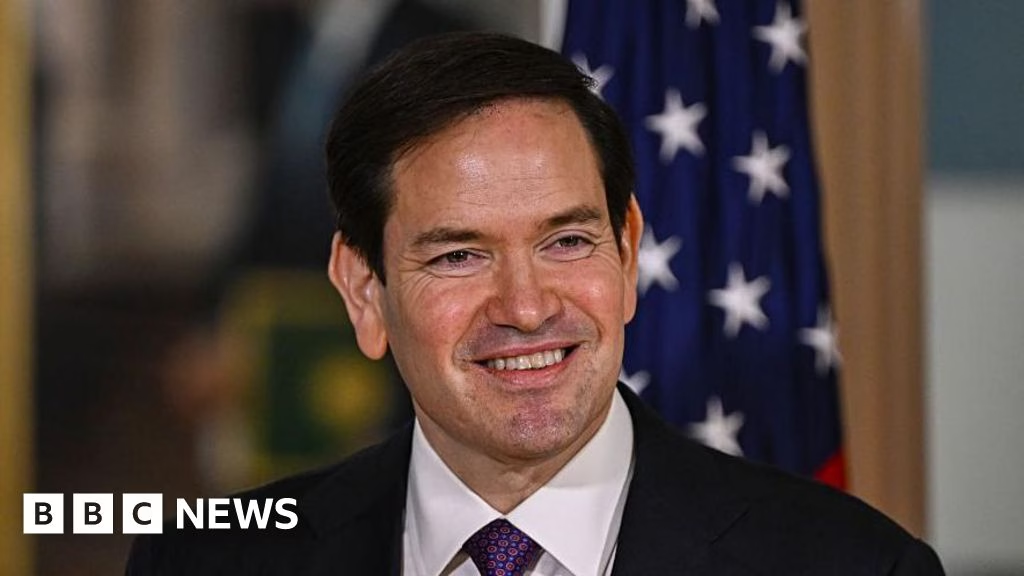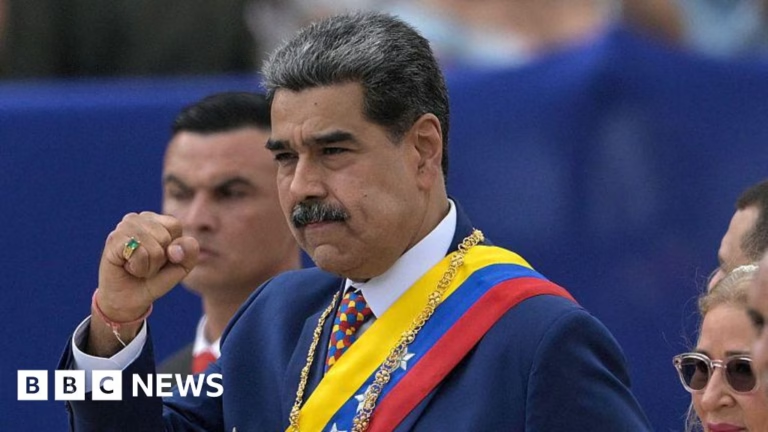US Secretary of State Marco Rubio has urged China to prevent Iran from closing the Strait of Hormuz, a crucial shipping route for global oil supplies. This follows reports from Press TV, Iran’s state-run media outlet, stating that Iran’s parliament approved a plan to close the Strait, but emphasized that the final decision rests with the Supreme National Security Council.
The potential disruption to oil supply could have significant impacts on the global economy, particularly affecting China, which is the largest importer of Iranian oil and has a strong relationship with Tehran. Following the US attack, oil prices have spiked, with the benchmark Brent crude reaching its highest level in five months.
Rubio stated in an interview with Fox News that he encourages the Chinese government to address the issue with Iran, highlighting their dependence on the Strait for oil. He added that closing the Strait would be economically suicidal for Iran and that other countries should also be concerned, as it could severely harm their economies.
Approximately 20% of the world’s oil passes through the Strait of Hormuz, which is used by major oil and gas producers in the Middle East for energy transportation. Any disruption to operations in the Strait could cause global oil prices to skyrocket.
Saul Kavonic, the Head of Energy Research at MST Financial, stated that the US is prepared for any potential counterattacks from Iran, but the risk of escalation remains for oil prices. The cost of crude oil affects various aspects such as fuel prices and the cost of food.
China, in particular, imports the highest amount of oil from Iran, surpassing 1.8 million barrels per day last month, according to data from Vortexa, a ship tracking firm. Other major Asian economies, including India, Japan, and South Korea, also heavily rely on crude oil passing through the Strait.
Energy analyst Vandana Hari has stated that Iran would have little to gain and too much to lose by closing the Strait. Disrupting traffic in the Strait could alienate oil and gas producing neighbors in the Gulf and provoke China, Iran’s key market.
The US recently joined the conflict between Iran and Israel, with President Donald Trump stating that Washington had destroyed Tehran’s key nuclear sites. However, the extent of the damage remains unclear, and Iran claims there was only minor damage to the Fordo underground nuclear site.
Trump has also warned Iran of “far worse” future attacks if they do not abandon their nuclear program. Following the US strikes, Beijing stated that the attacks damaged Washington’s credibility and called for an immediate ceasefire. China’s UN Ambassador Fu Cong emphasized the need to avoid using force and adding further instability to the situation. An editorial in Beijing’s state-run Global Times accused US involvement of complicating and destabilizing the situation in the Middle East, pushing the conflict towards an uncontrollable state.
Source: https://www.bbc.com/news/articles/c056pyv723vo







